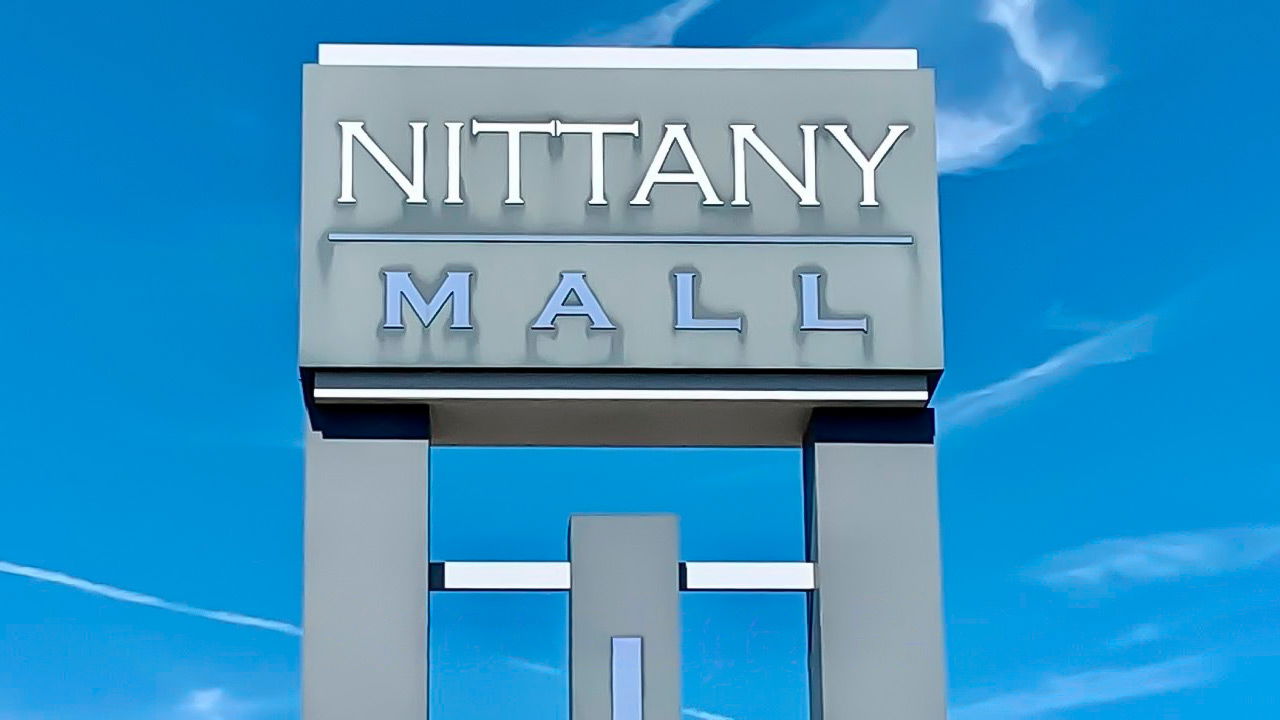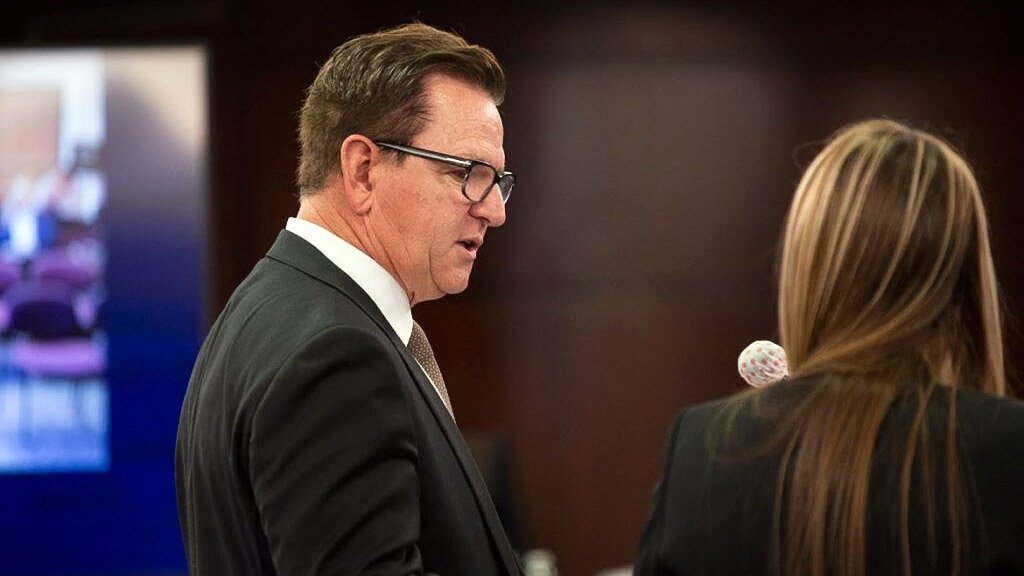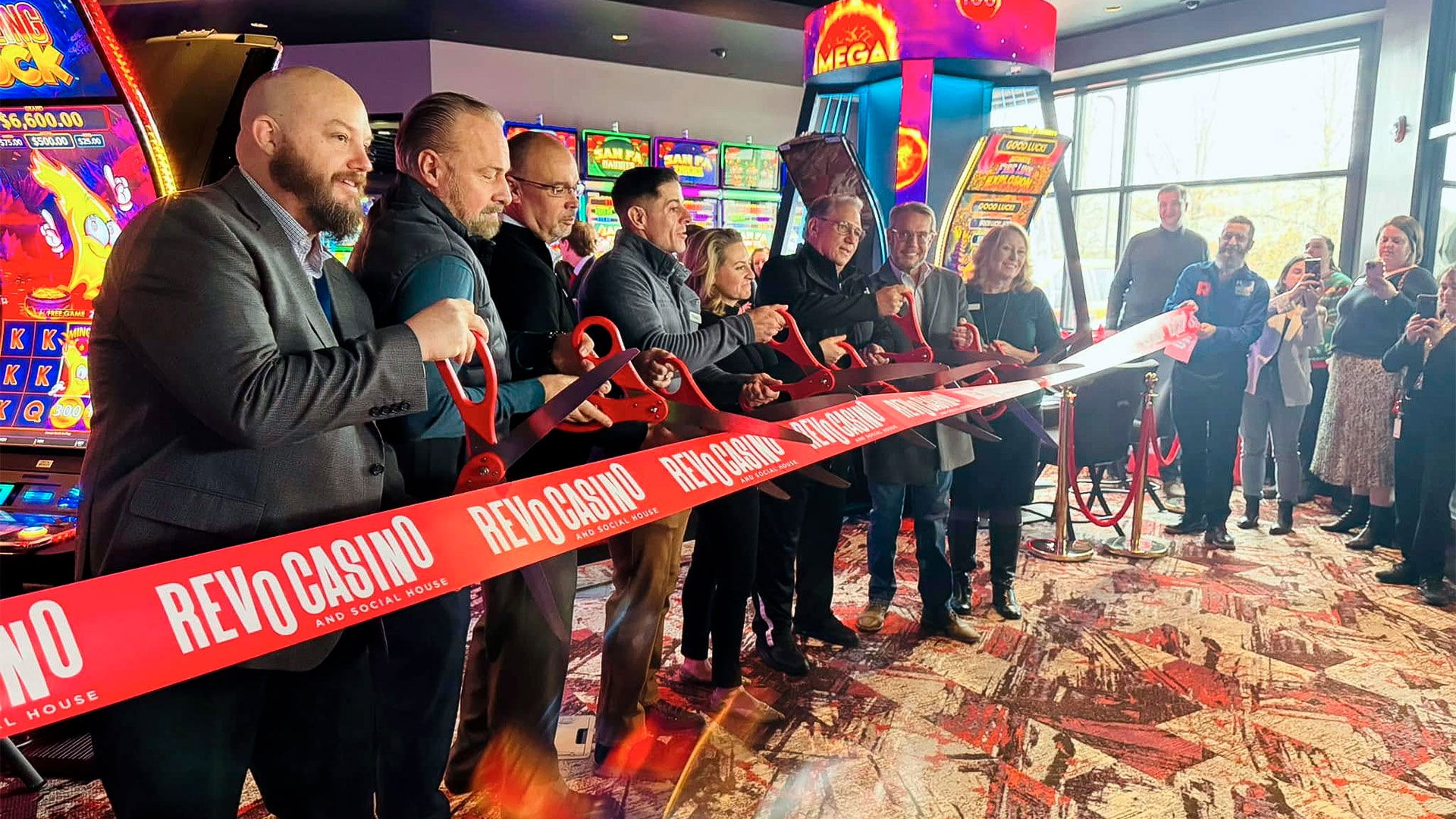Pennsylvania regulator votes to allow license hearings for State College mini-casino to move forward

The Pennsylvania Gaming Control Board voted unanimously on Wednesday to allow the licensing hearing process for a proposed $123 million mini-casino in State College to move forward as normal. The green light came despite the objections of Philadelphia-based competitor Stadium Casino LLC, a Cordish Gaming subsidiary that owns and operates Live! Casino in south Philadelphia.
Bally’s Corp., in partnership with SC Gaming LLC, intends to build a 94,000-square-foot mini-casino in the Nittany Mall, about four miles from the Penn State campus. The property will employ between 350 and 400 people, and offer up to 750 slot machines, 30 table games, and on-site sports betting, plus a full-service restaurant, a bar and fast-food and beverage outlets.
Attorneys for Bally’s and SC Gaming, and Stadium Casino, appeared before the gaming control board to present their cases Wednesday, reports PennLive. At issue was whether Stadium Casino can act as an intervener in the PGCB licensing process for the mini-casino, and whether its legal representatives can request discovery procedures concerning SC Gaming’s ownership.
While the board unanimously voted that Stadium Casino can act as an intervening party in the licensing process, it can do so only on a limited basis, and cannot request ownership discovery. The vote was in line with a previous recommendation by the Office of Gaming Enforcement’s legal counsel, issued prior to the PGCB’s final decision on the matter.
Mark Aronchick, an attorney representing Stadium Casino, argued that Rhode Island-based Bally’s Corp. and other investors not previously licensed by the PCGB were recruited by former Penn State trustee Ira Lubert – who leads SC Gaming – after he submitted a winning bid of $10 million for the State College mini-casino license in September 2020. This move would be in violation of the state’s Gaming Act, the parties claim.
“There are red flags galore for us in pursuing this issue,” Aronchick said, as reported by the cited source. “The purpose of the statute is to ensure no cannibalization of gaming with new operators. After the bid, (SC Gaming) entered into all kinds of arrangements and framework agreements.”
Pennsylvania's Nittany Mall, home to the future mini-casino
Stadium Casino says that two wealthy real estate developers with strong Penn State ties, Richard S. Sokolov and Robert E. Poole, told the company’s chairman, David S. Cordish, that they put up some of the money for Lubert’s $10 million bid, reports The Philadelphia Inquirer. Bally’s Corp., not licensed in Pennsylvania, announced in early 2021 that it had acquired a “majority equity interest” in the project.
In his arguments, Aronchick noted “strong community opposition” to the proposed mini-casino in State College, and told board members that SC Gaming’s licensure will likely wind up delayed for two years in Commonwealth Court lawsuits and, ultimately, state Supreme Court lawsuits. The attorney noted that Sugar House Rivers Casino in Philadelphia’s licensure was similarly delayed.
For his part, Stephen Kastenberg of Ballard Spahr, a law firm representing SC Gaming, said Stadium’s intent to ask for ownership discovery is “sour grapes from a competitor” – Cordish was the runner-up in the 2020 auction. The attorney further added that a comprehensive investigation report will be provided concerning SC Gaming’s ownership, noting Stadium has no extraordinary basis for a role in seeking discovery.
On Wednesday, board members spent 20 minutes in executive session before returning to announce their decision to allow licensure to move forward as normal. Additionally, PCGB chair Denise Smyler said Stadium Casino will be granted 15 minutes as an intervening party at the next scheduled licensure hearing, although no date for it has yet been provided.
Mini-casinos, formally known as Category 4 casinos, are scaled-down gambling facilities allowed under Pennsylvania’s 2017 gaming expansion law. Despite their “mini” nature, they can have up to 750 slot machines, and several are located in former large retail stores.
Originally only the 13 Pennsylvania licensed casino operators were allowed to open satellite operations. But in 2020, the Legislature allowed persons with ownership interests in casinos to bid on one unclaimed Category 4 license. This opened the door for Lubert, who had a 3% stake in a Pittsburgh casino, to submit his bid for a Centre County location.



















































